Generally speaking, I come down on the side of being a plotter, which is a good thing since a mystery (and a lot of my SF has a mystery element, as well) pretty much needs a plot, though I have met a couple of mystery writers who claim they don’t know “who dun it” until they reach the end of the book. I also know a very successful SF writer who simply writes and writes, scene after scene, in no particular order, until a plot emerges. Then, like Arthur Miller did with Death of a Salesman, he simply cuts away anything that does not contribute to the theme and puts the scenes in proper order. It works for him (with nearly 30 novels to show for it) but it wouldn’t work for me.
Before I begin, I know the final destination my characters are trying to reach and more or less how they will get there. I do know the culprit and their motive before I start writing the murder. The trick is often to pretend I don’t so that I can create plausible suspects for the detective (and the reader) to investigate or to suggest alternate paths or destinations for my characters. In any case, I’ve never been able to plot out an entire novel from beginning to end (though it often works for short stories). There are simply too many interesting possibilities to be found in the writing. I do eventually get it all down in outline but usually not before I’ve written a third of the book. I plot as I go, trying to always be 10 or so chapters ahead of the current place in my writing.
Not that my plots ever reach the beat-by-beat level of detail. If a beat is 200 words and it takes 25 to describe it, maybe just writing the scene would be easier. At some point, you have to trust your writing brain to find your way at least a few steps in the dark without endless planning. Rather, for me, a chapter outline will provide a guide to the essential scenes that need to take place. Moving forward, subsequent chapters have to build on those scenes and follow through with the consequences for the characters from their actions.
Here is the plot of the opening two chapters for my last Max Anderson novel, The Glare of Truth:
Chapter 1
Erich Harvey contacts Max and tells him he may have killed a man (Rejean LeFoie) in a drunken fight. His memory is unclear but he was told of it by Pierre Delecroix. He is subsequently arrested by Captain Fontaine. Max visits lawyer, Blaise Cleroux, who tells him that LeFoie was suing Harvey for alienation of affections regarding Nicole Bilodeau by revealing LeFoie’s secret activities.
Chapter 2
Max encounters Bilodeau and is told LeFoie was an evil man who associated with bad people. A conversation with Ginger Buchan suggests that Bilodeau’s politics are decidedly to the right. He warns Max off Harvey because… At Le Coq Bleu, Henri says dangerous anarchists are now regular customers. Max’s relationship with Jaqui explored.
Fairly thin gruel but, in the writing (and re-writing), it turned into 7200 fairly tasty words. You’ll note that in the second chapter there is an ellipsis where I wasn’t sure why Buchan was warning Max about Harvey. I knew it would come to me since both characters had appeared in previous books and “were known to me.” It almost sounds like character-driven writing, doesn’t it? Which, of course, it is—characters may be driven by plots but it is the characters and their problems that ultimately create the plot.
One of the reasons I don’t plot everything in advance is because I know I will discover things (that is, randomly make things up) about my characters that will enrich, and often change aspects of, the plot. Yesterday, I was writing a scene in Chapter 3 of my new mystery. It was supposed to be a brief scene about a minor secondary mystery, but by the time I finished it 1100 words later, I had uncovered a significant character change for one character, introduced another character who will play a major role in this book and likely future books and added a fascinating complication to the main plot that is going to make the book so much more interesting. You might say I planted a seed that will bear fruit later on.
Thus, my answer to the question is that I am both a plotter and a pantser, which shoved together makes me a PLANTSER!

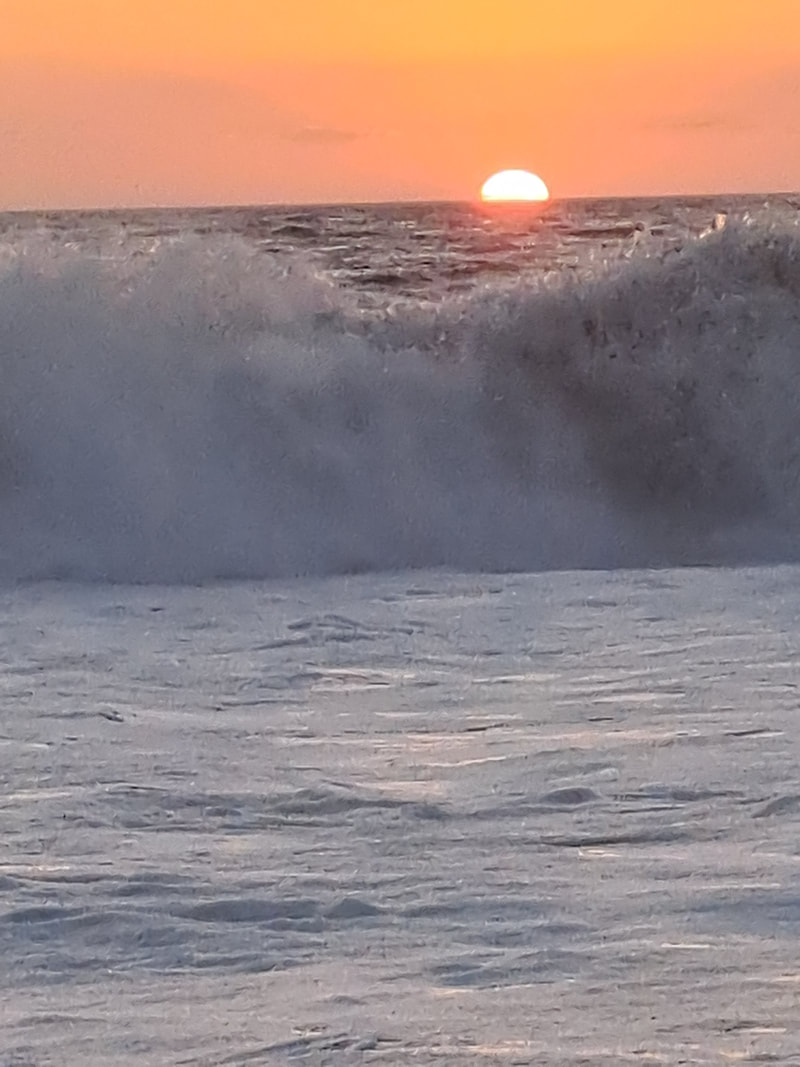
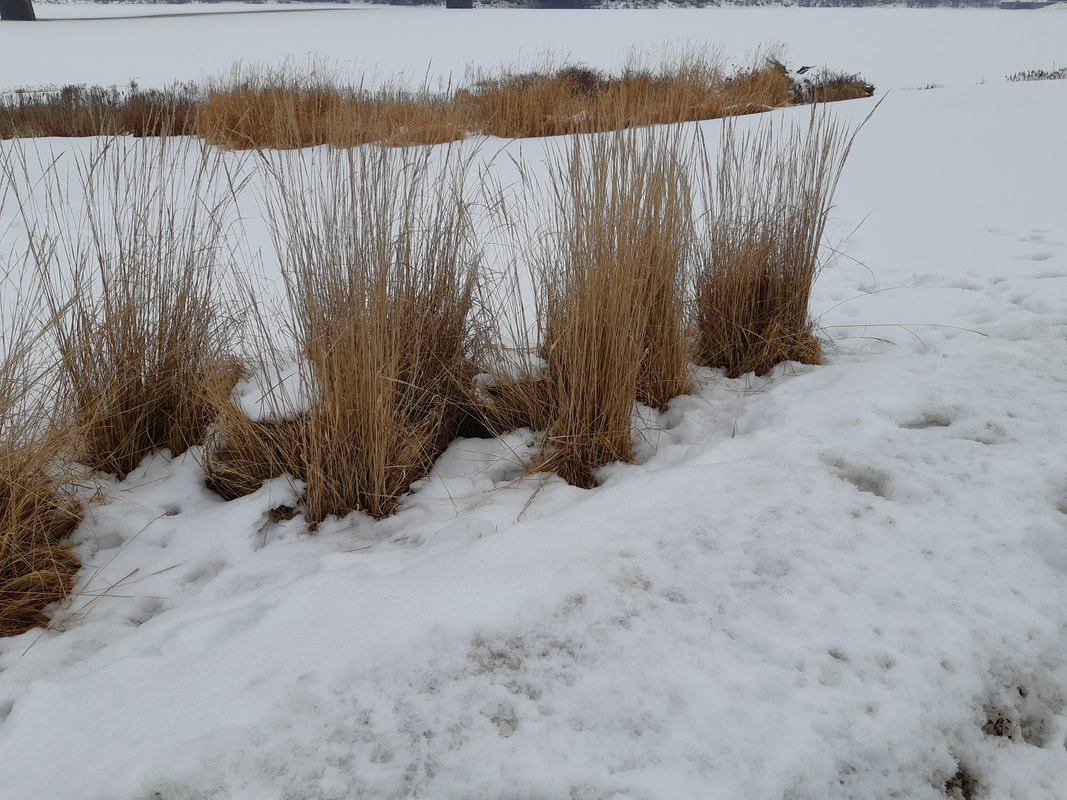
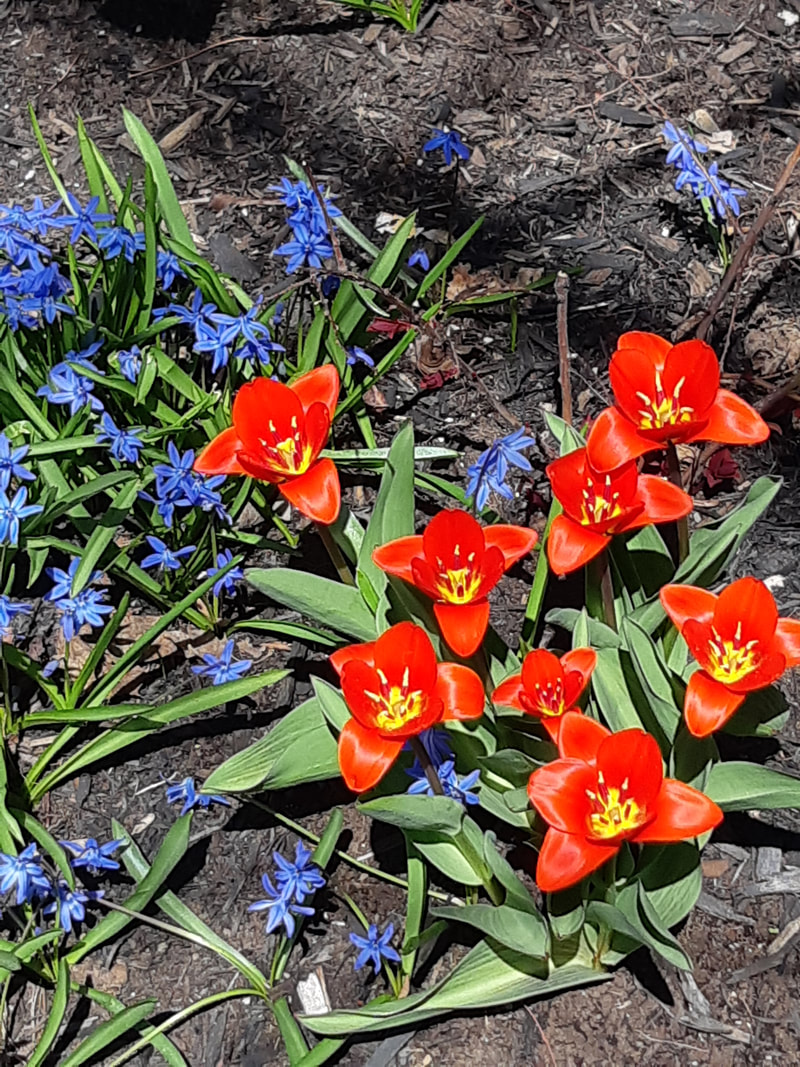
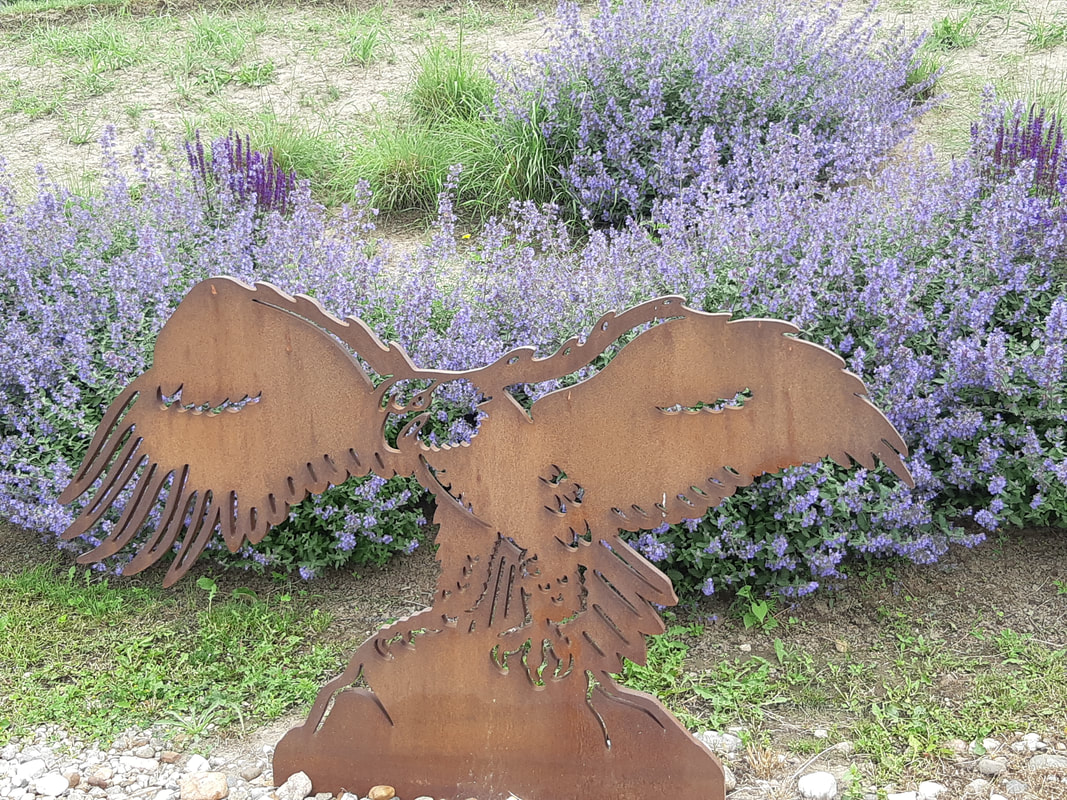
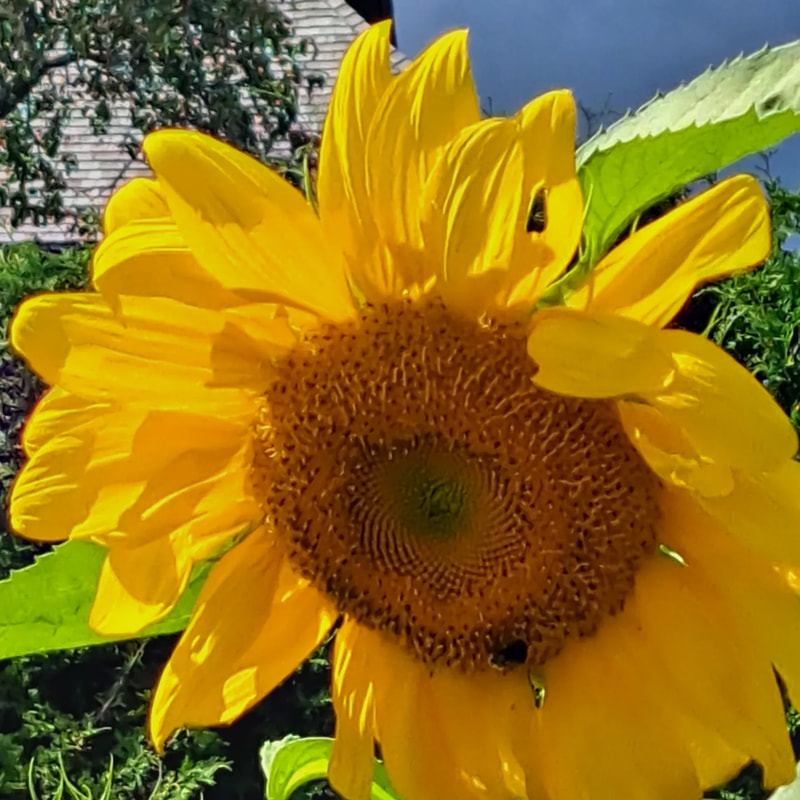
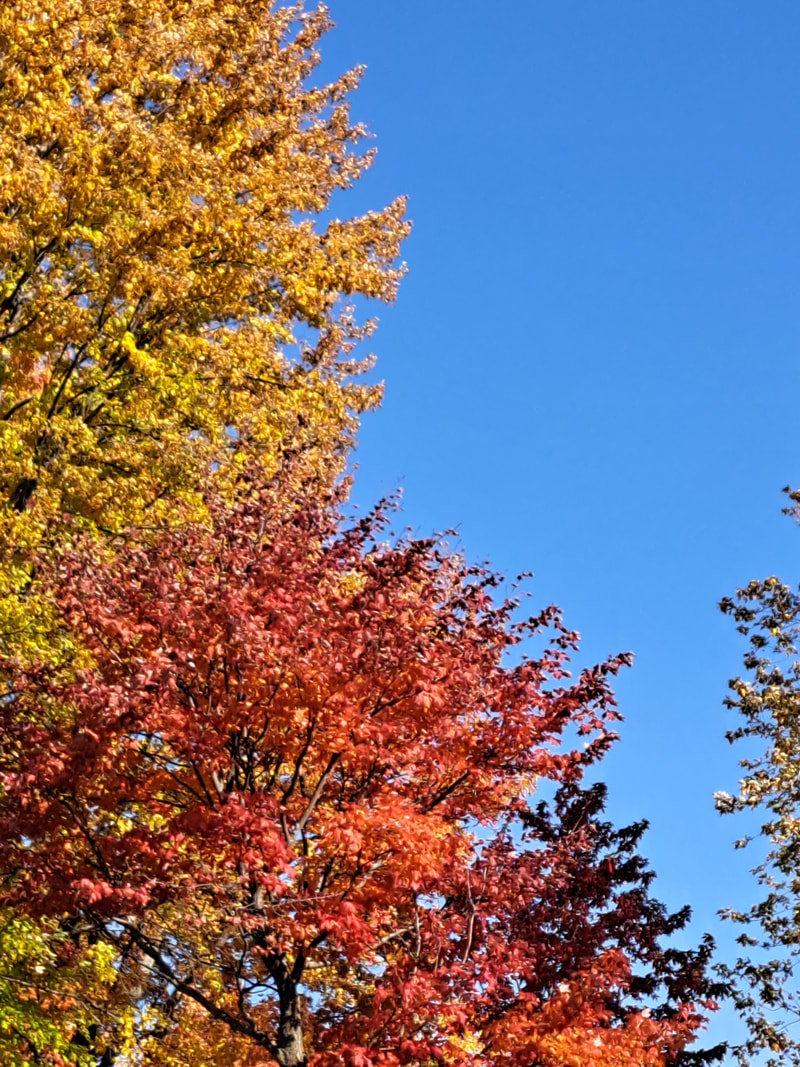
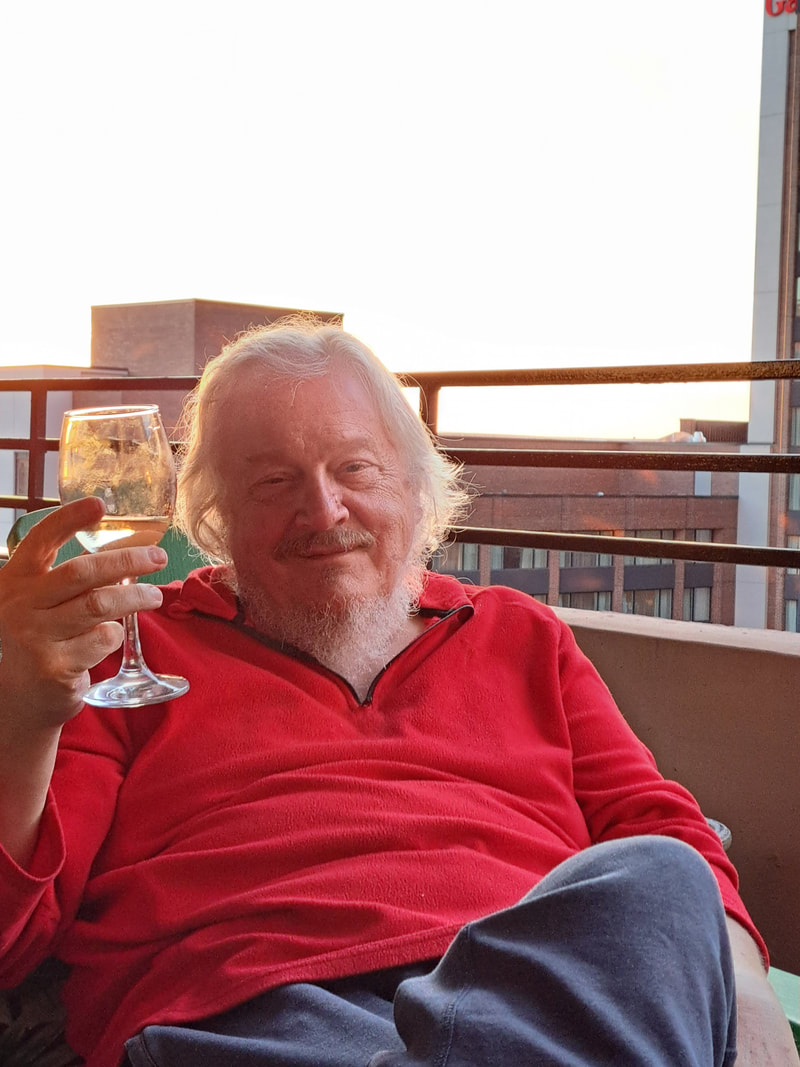

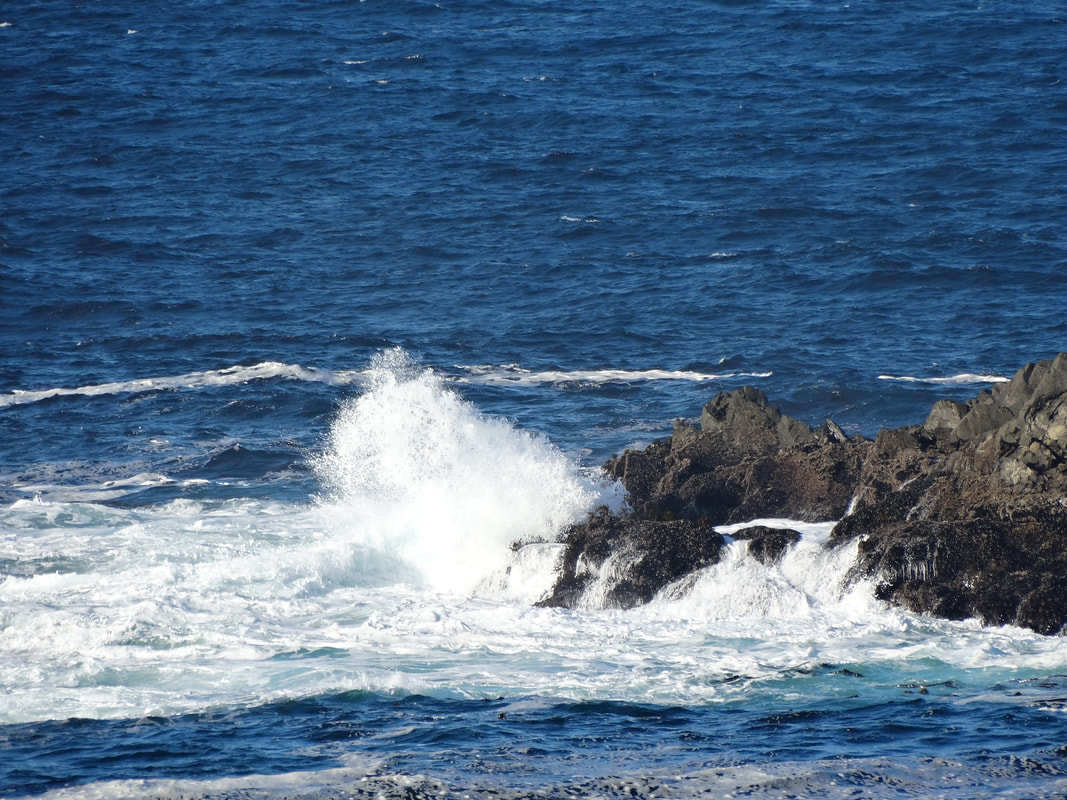
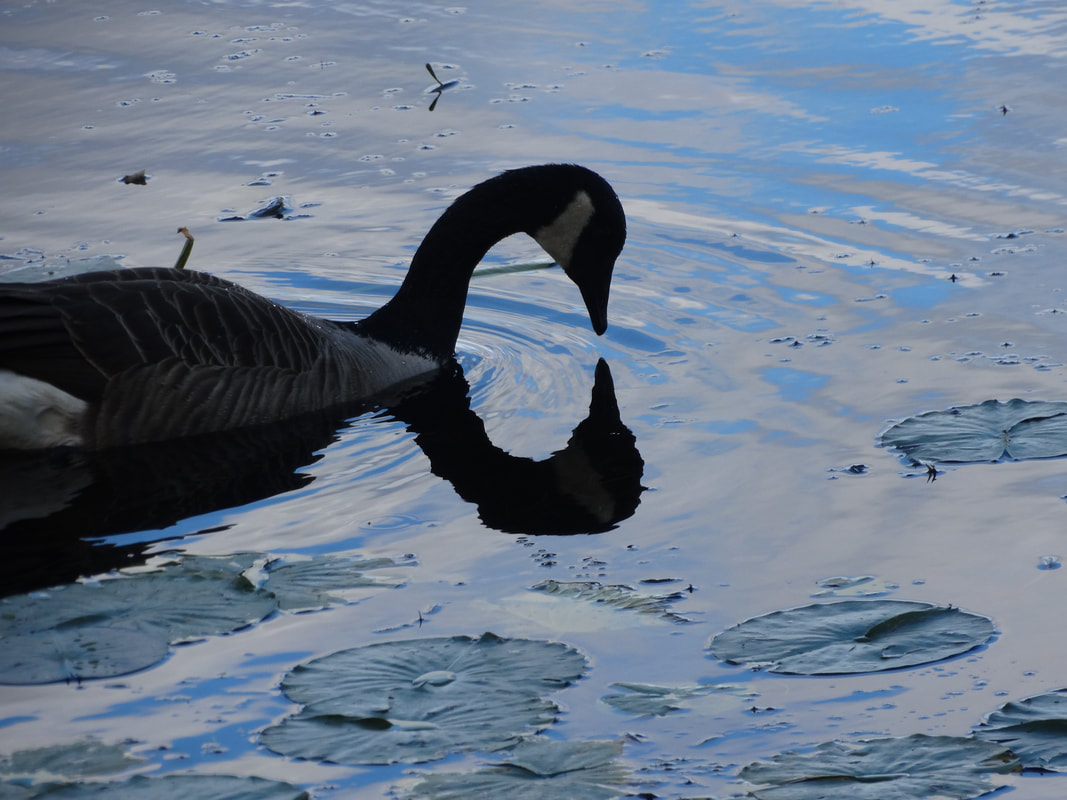

 RSS Feed
RSS Feed
